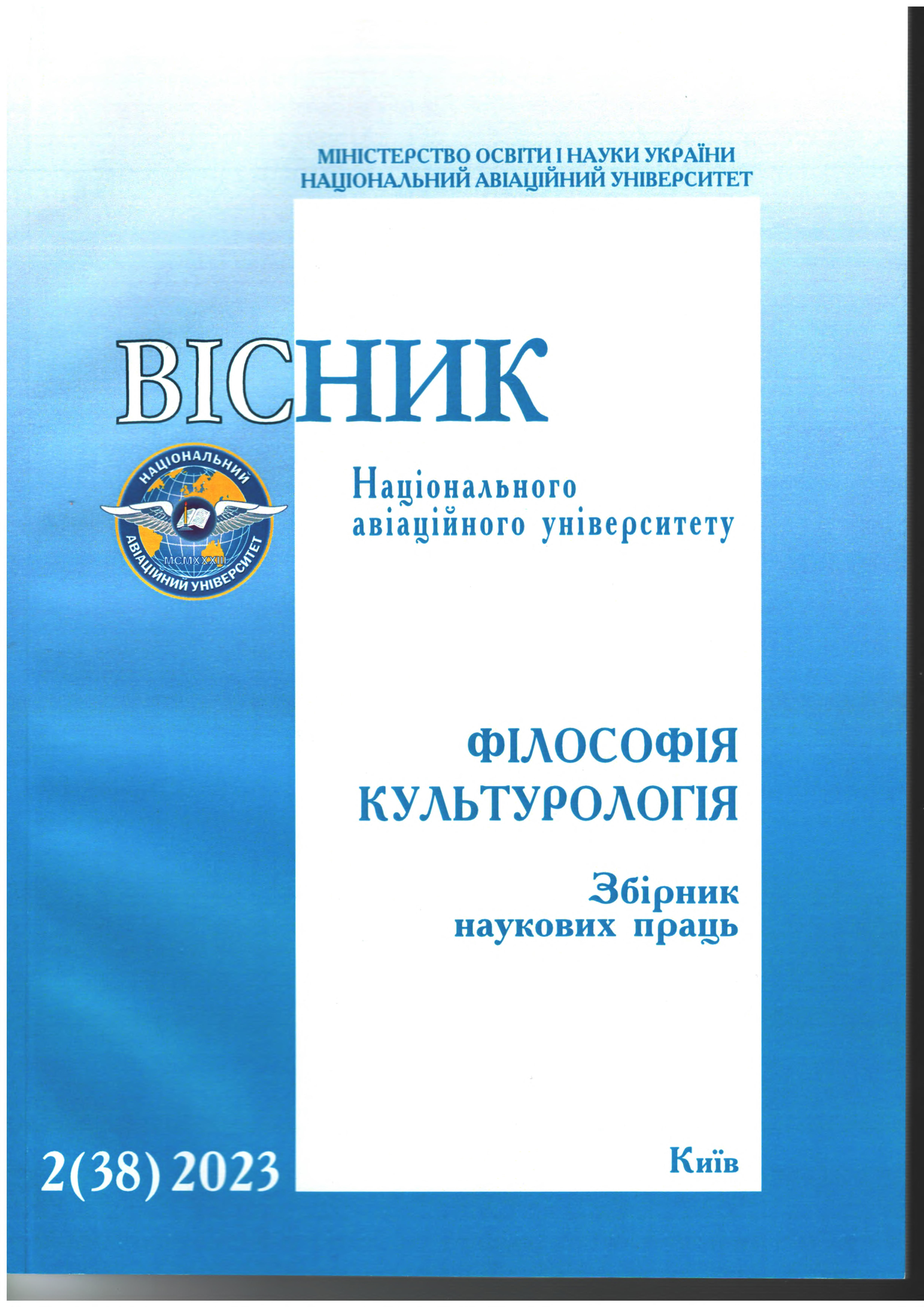"VIRTUUM" AS AN INNOVATIVE SPHERE IN THE "DIGITAL CIVILISATION" (PHILOSOPHICALEPISTEMOLOGICAL AND ONTOLOGICAL ASPECTS)
DOI:
https://doi.org/10.18372/2412-2157.2.18105Keywords:
modern knowledge, innovation space, vergence, digital civilization, digitalization, smart human, smart societyAbstract
It is confirmed that virtuum is entirely artificial and its space-time is an antinomy. This means that while virtuum is limited by
current technological possibilities, it is not limited by imagination and fantasy. Virtual reality is just one of the multiple
manifestations of virtuum, which is a special innovative environment reflecting the transformation of modern knowledge in the
rapidly changing reality of the "technical body." This transformation occurs at the "collision" of a multitude of "logics,"
"rationalities," "simulacrums," and "phantasms," all of which are visualized in this reality. The phenomenon of virtuum as a
special innovative environment, where the transformation of modern knowledge takes place, is conceptualized. By analyzing the
mechanism of vergence, which is a factor that provides synchrony of processes and phenomena in imaginary and actual
realities, as well as a point of intersection of divergent and convergent processes, it is possible to understand the "third," middle
state of virtuum as a complex "digital" system.
References
Bartle R. A. Designing Virtual Worlds. Pearson Education Limited, 2003. 768 p.
Baudrillard J. Simulacres et simulation. Paris : Galilee, 1981. 233 p.
Bell D. The social framework of the information society. The Microelectronics Revolution: The Complete Guide to the New Technology and Its Impact on Society, edited by T. Forester, MIT Press, Cambridge, Massachusetts, US. 1980. P. 500–576 URL: https://ieeexplore.ieee.org/document/6277279/authors#authors
Castells M. The Rise of the Network Society. Wiley-Blackwell, 2009. 656 p.
Jackson R. H. The Global Covenant: Human Conduct in a World of States. Oxford: Oxford University Press, 2000. 480 p.
Habermas J. Technik und Wissenschaft als Ideologie. Zum 70. Geburtstag von Herbert Marcuse. Technik und Wissenschaft als
Ideologie. Suhrkamp Verlag, Frankfurt am Main, 1968. S. 48–103. URL: https://www.bard.edu/library/arendt/pdfs/Habermas-Technik.pdf.
Kharchenko Yu. Identity in the "post-globalization" of the new society as "Homo spiritus in universum concentus": epistemological
and ontological approaches. Вісник Національного авіаційного університету. 2023. Вип. 1 (37). С. 16‒21. (Серія «Філософія.
Культурологія»). DOI: https://doi.org/10.18372/2412-2157.37.17567.
Luhmann N. Social systems. Suhrkamp Verlag Frankfurt am Main. 1984. 630 p. URL: https://rauterberg. employee.id.tue.nl
/lecturenotes/DDM110%20CAS/Luhmann-1984%20Social_Systems.pdf

